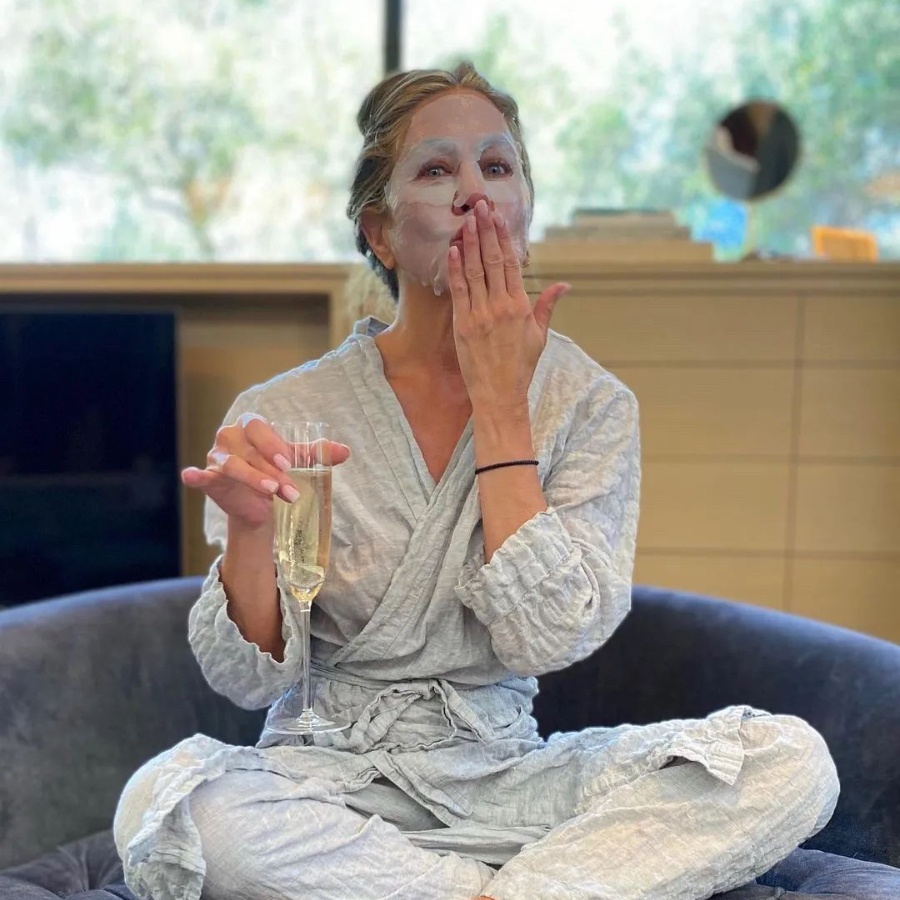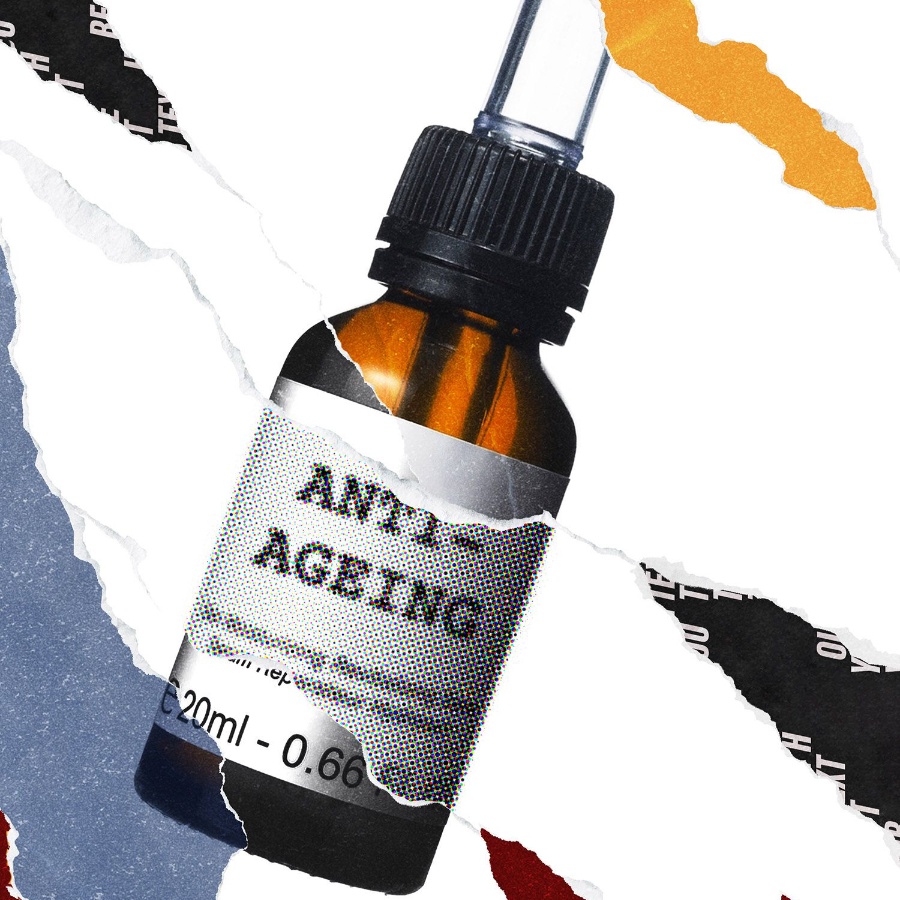Globally, health trends are taking an eastward turn. Ayurveda, gut health, and yoga, part of India’s traditional systems for centuries, are now trending hashtags and the subjects of multiple Netflix documentaries. Long before these made for popular reel content, though, Dr Vijay Murthy, a UK-based Ayurvedic doctor, naturopath, IFM-certified functional medicine practitioner, and PhD in public health—was spreading the message of a holistic approach towards medicine.
It is Dr Murthy’s practice that has put him on the speed dials of many influential locals, including the British royals. “I’ve worked with the Duchess of York [Sarah Ferguson] for several years now, helping her practice yoga and meditation. We also spent three weeks together in India doing the Panchakarma therapy,” says Dr Murthy. Panchakarma is an intense Ayurvedic detox that involves cleansing nasal passages, herbal enemas to purge the large intestines, induced purging to remove toxins in the stomach, and regular warm herbal oil massages to increase circulation and eliminate toxic residue. “Our work together, over various stages of her life, has greatly helped her including with her current health issues,” he adds.
Dr Murthy’s own journey to Ayurveda was serendipitous, inspired by his love for Sanskrit. He pursued an undergraduate degree in this traditional system of medicine at the University of Bangalore precisely because learning Sanskrit was required to read, interpret, and understand India’s ancient textbooks. It was an unconventional path and choice, one that confused his family. “I studied a blend of ancient wisdom and modern science, but growing up in a typical South Indian family, where everyone around me was a brain surgeon, an engineer, or a professor at Stanford University, they thought I was completely crazy.”
While studying for his post-graduation in surgery, Dr Murthy spent two years researching cervical cancer, immersed in clinical trials at an oncology centre in Bengaluru, where he noticed a significant gap. “We primarily examined alterations in cancer markers or the impact on tumour progression, neglecting crucial aspects such as overall quality of life, mental well-being, psycho-emotional factors, nutrition, and physical activity. It dawned on me that the narrow scope of our clinical trials was incomplete.”
When he later moved to New Zealand, he began to explore how to integrate complementary alternative healing systems with conventional medicine. As part of his PhD at the University of Sydney, he was involved in a pioneering study involving thousands of middle-aged women navigating the healthcare system for various conditions. “It was then that I thought we need something that provides evidence for Ayurvedic traditions alongside conventional care—and this is what took me to study functional medicine.”
His three decades of clinical experience and diverse medical education helped him to offer his patients a completely individualised and tailored approach. This includes personalised Ayurvedic detox and rejuvenation treatments to balance the mind, body, and spirit, alongside functional testing and careful consideration of dietary, environmental, and lifestyle influences.
The gut is now recognised as a central part of functional health due to its crucial roles in digestion, nutrient absorption, immune function, and even mental health through the gut-brain axis. “I see people in my practice with multiple different conditions; some are really complicated cases, but if the gut microbial function is out of kilter, then everything we do for them will either be temporary or just a Band-Aid. The moment we start to correct the gut, all the other systems in the body start to respond.”
Surprisingly, another essential pillar of both functional medicine and Ayurveda is social connectivity. At a time when we are surrounded by crowds of people and have countless virtual friends, we are also facing an epidemic of loneliness. “It’s not about the size of your social network but the quality of those connections,” Dr Murthy explains, “Humans are social beings—we need meaningful connections, a sense of community or family, around us.”
One marker Dr Murthy uses in his practice is the level of C-reactive protein or CRP—an indicator of inflammation in the body, which often leads to chronic illness including cancer. “It is widely known that poor nutrition, stress resilience, lack of quality sleep and exercise can elevate this marker—but research also shows that heartbreak and loneliness can increase CRP more than a bad meal.”
While the often life-saving wonders of modern medicine cannot be dismissed, there is something to be said for listening to your gut and following your heart. As Dr Murthy puts it, “The future form of medicine is not just conventional or alternative, it’s not disease-centred alone, it’s not even patient-centred—it’s person-centred. The mind and body are very much connected. This is no longer just an exotic Eastern concept, it’s a reality.”




